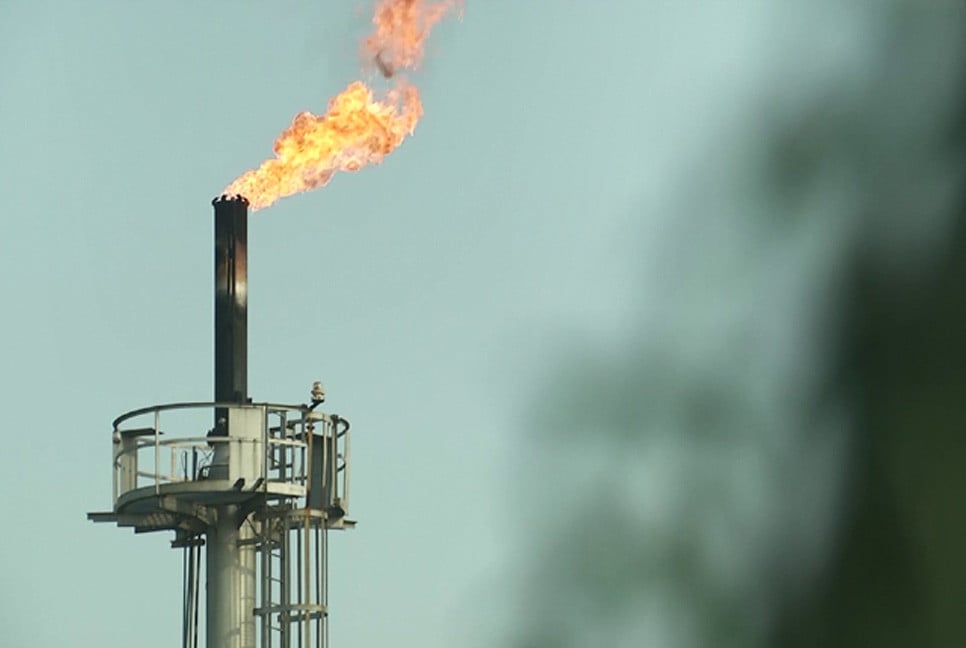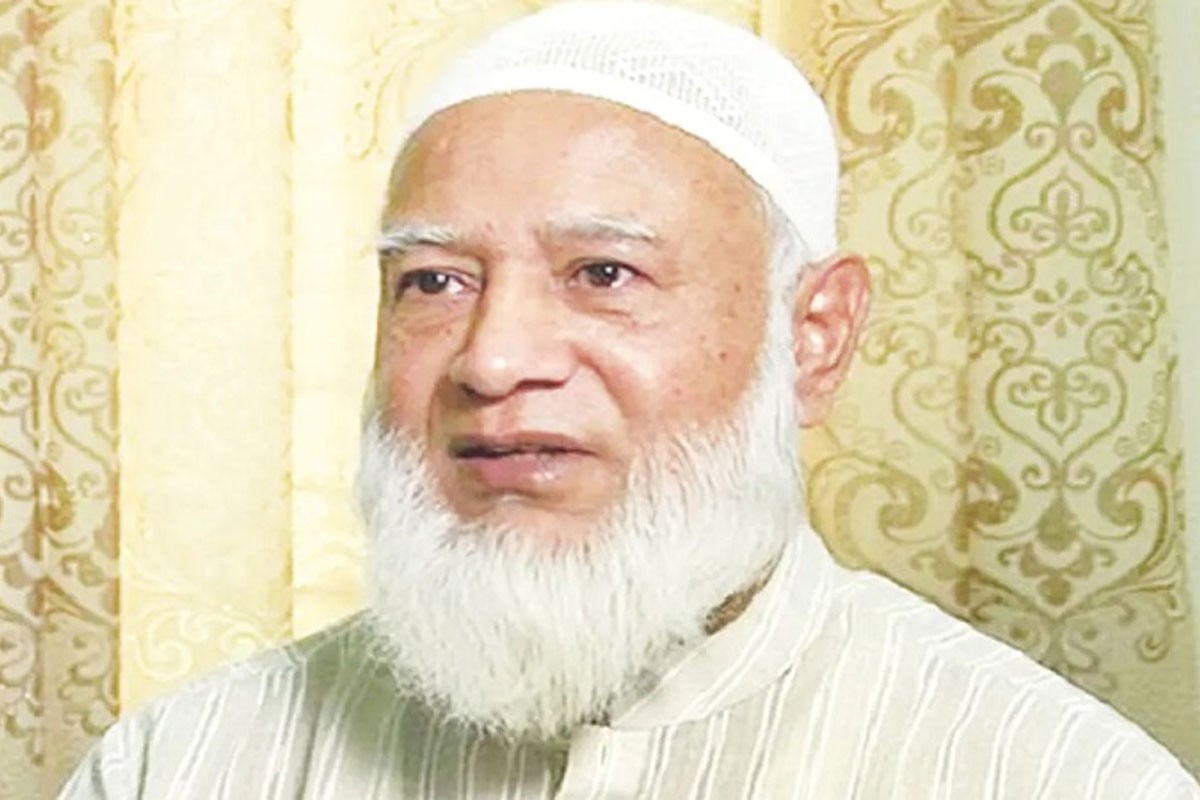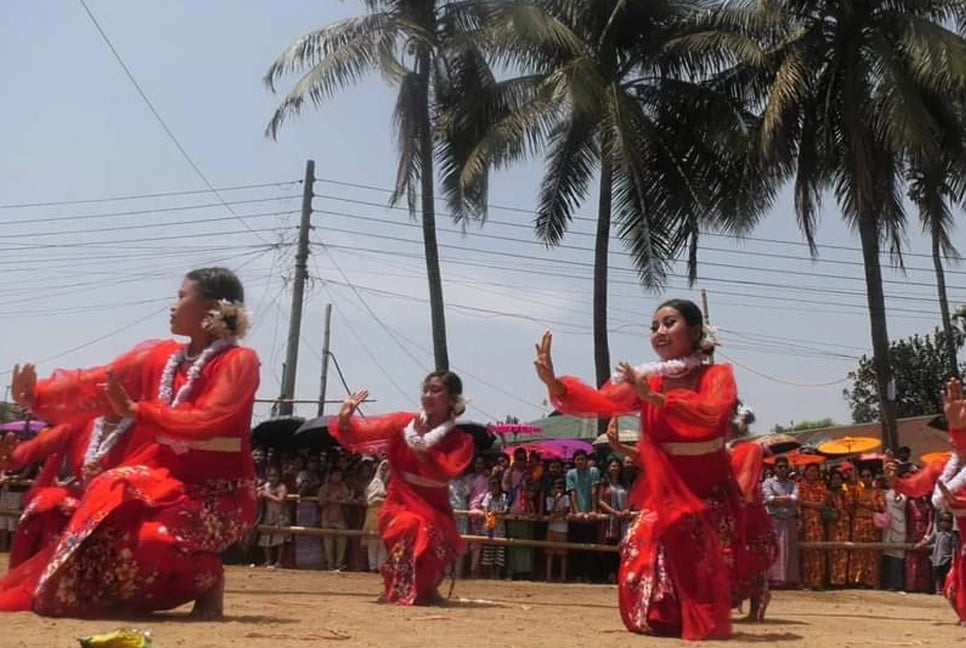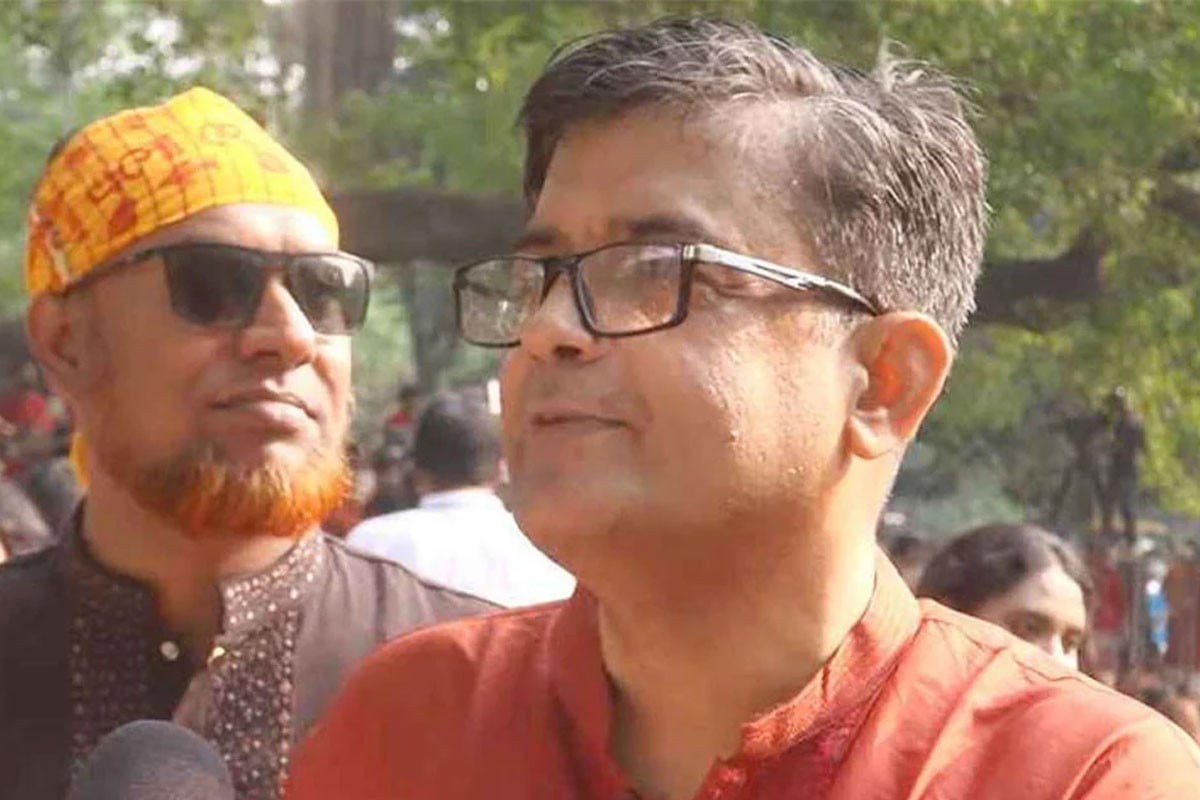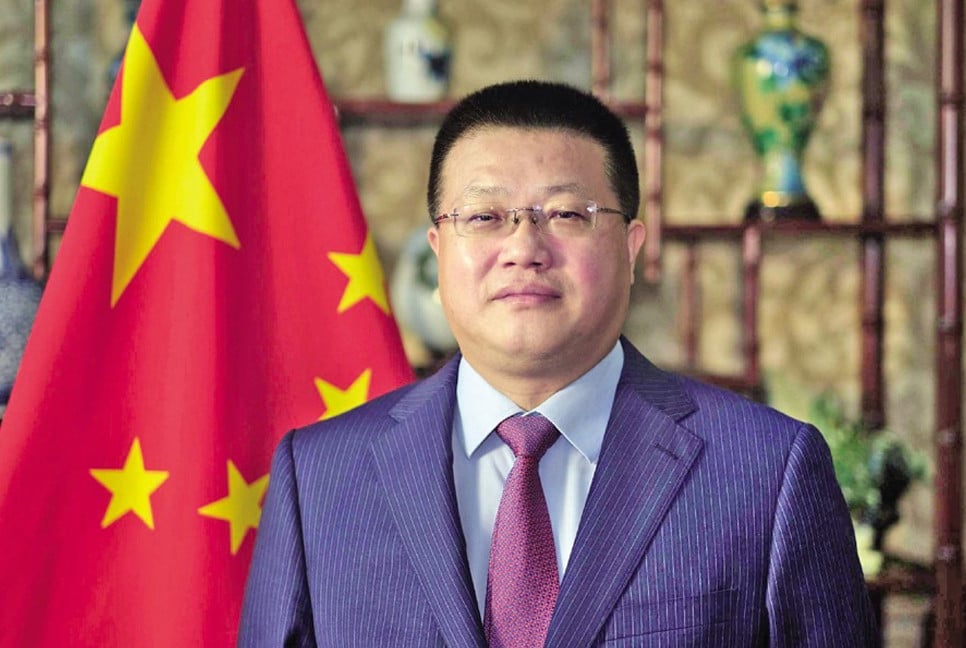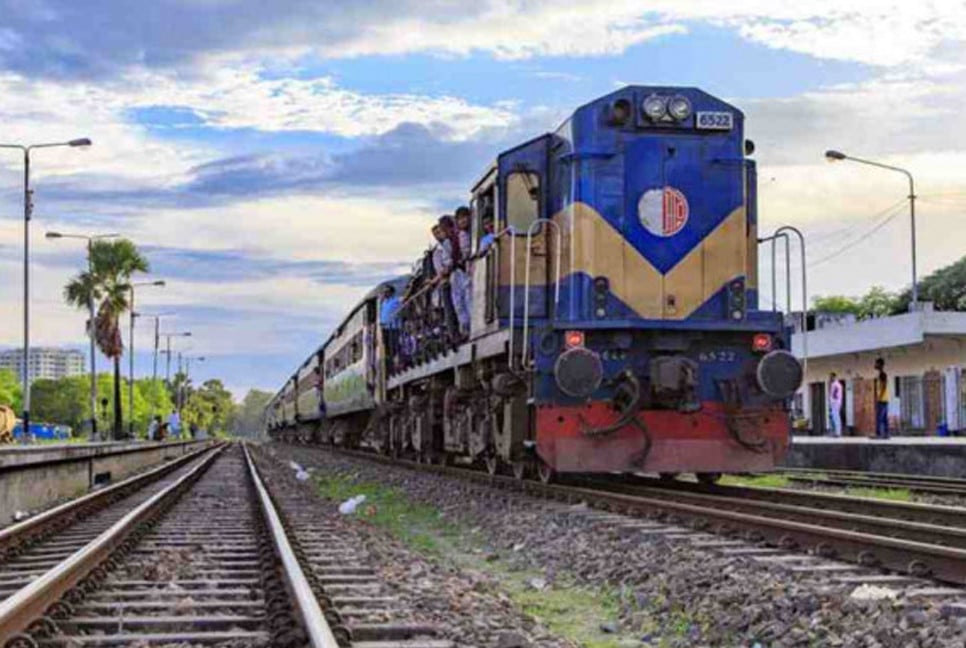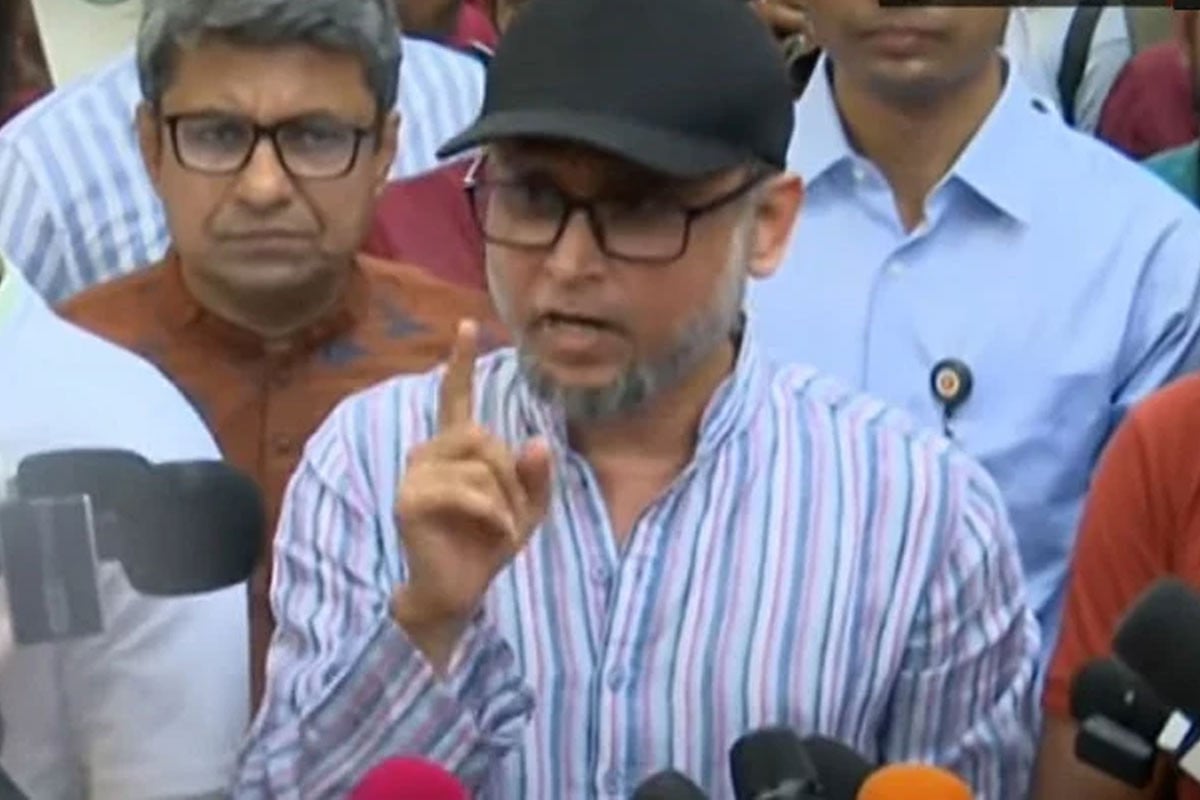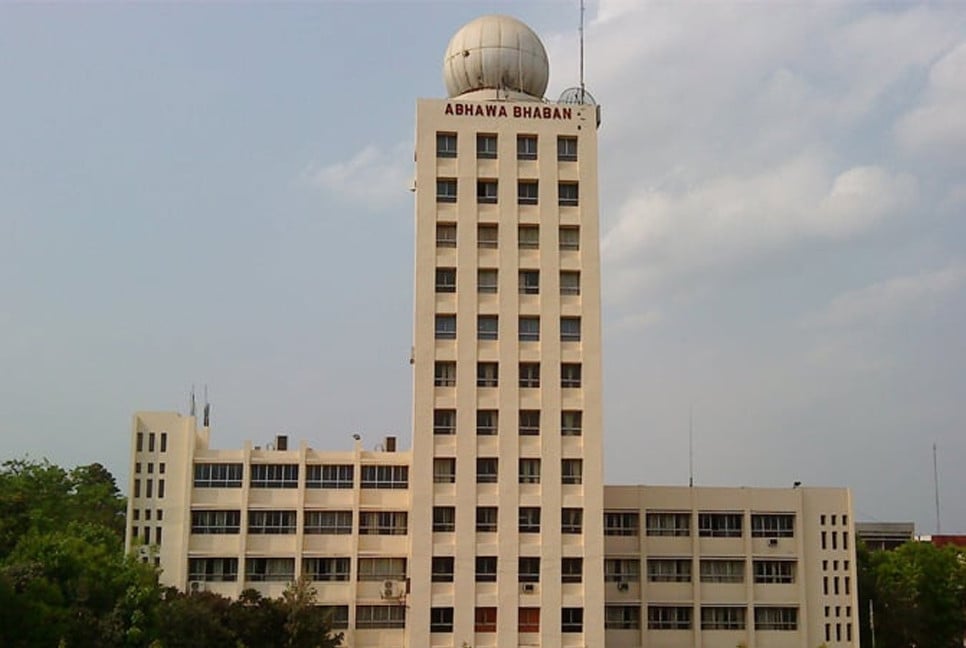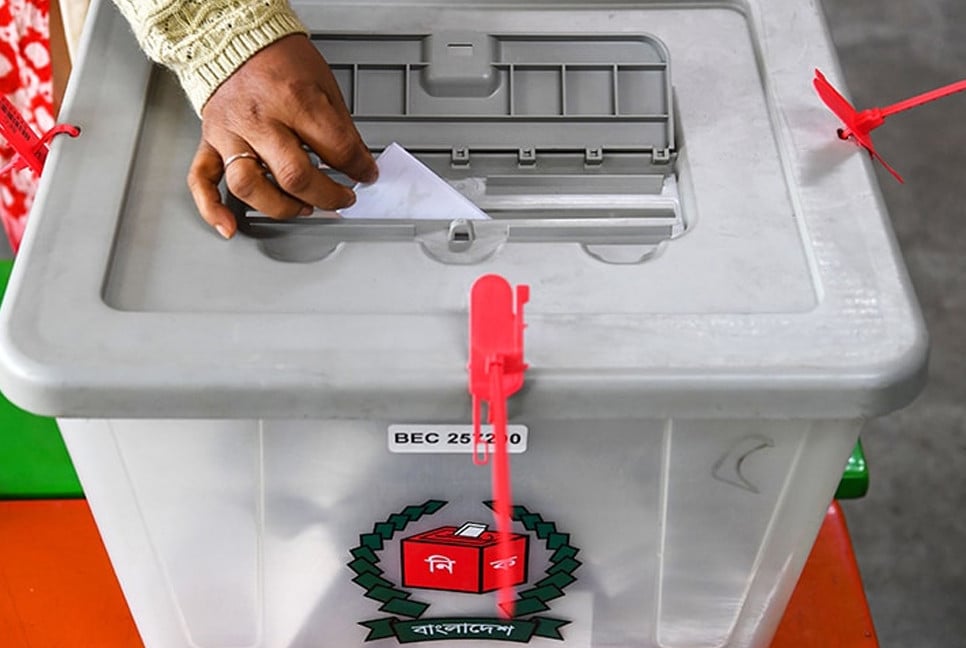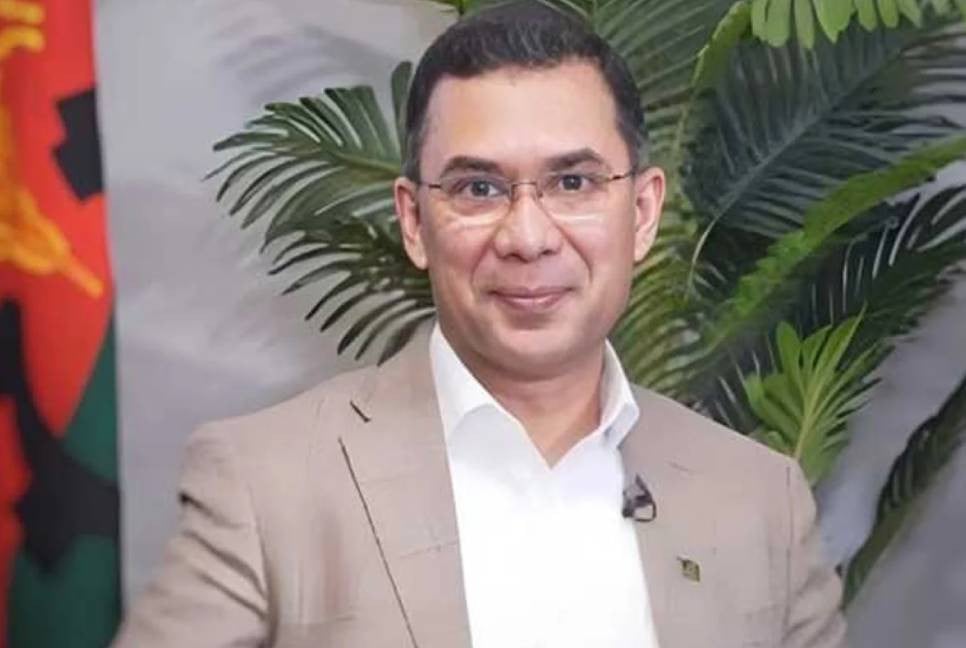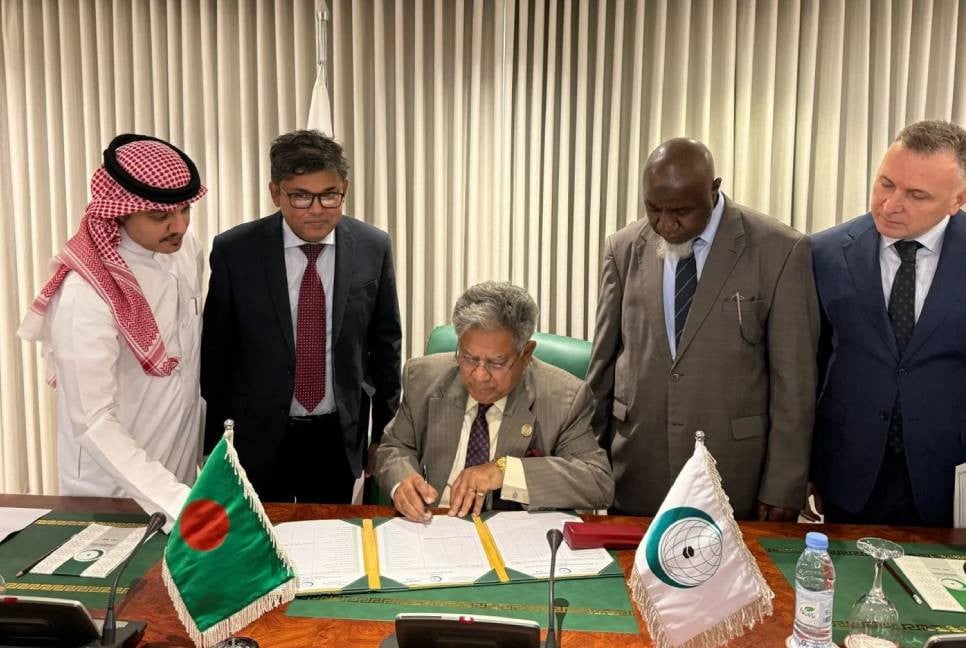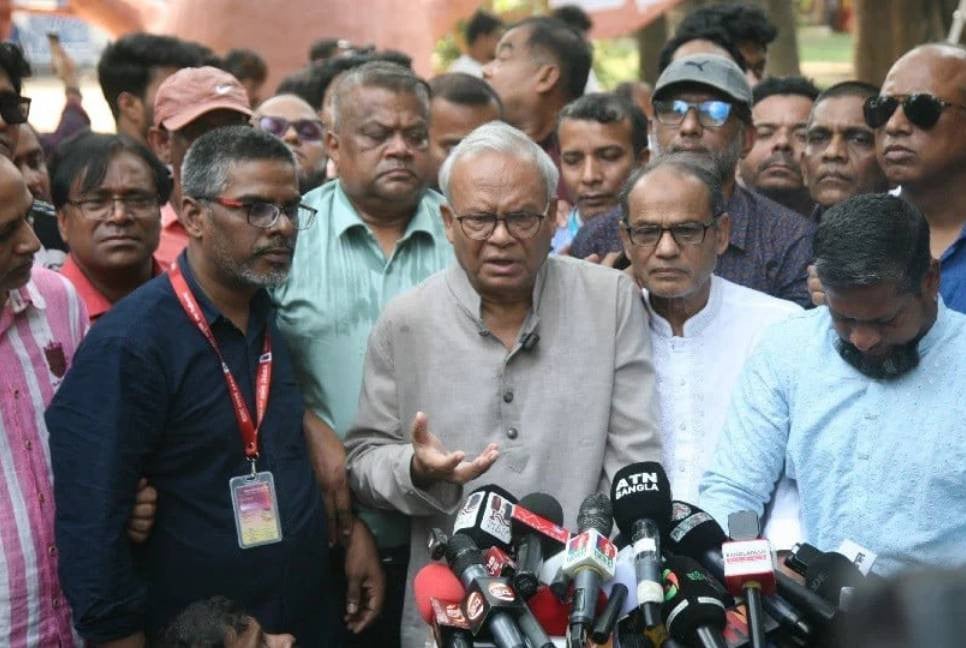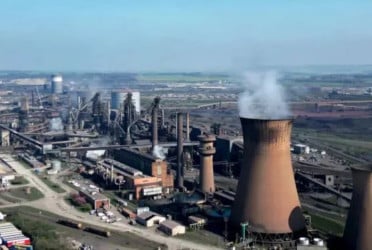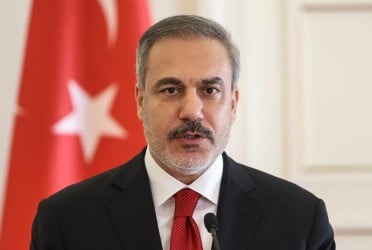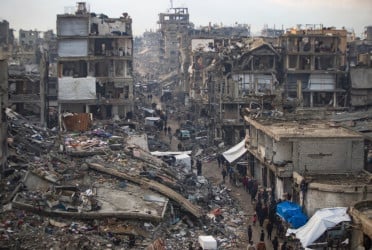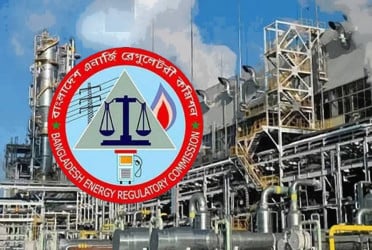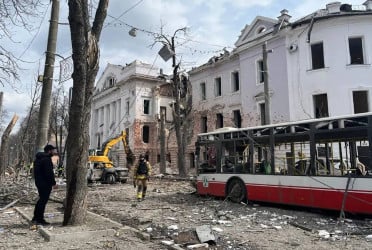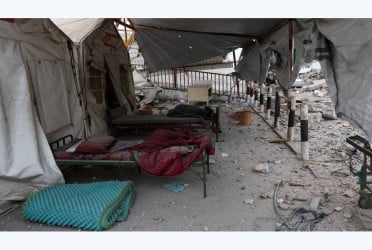The interim government has prioritized exploring new natural gas reserves and extraction to meet the country’s growing energy demand and reduce dependency on import, reports UNB.
The government is also emphasizing processing and utilization of domestically available natural gas, according to the Planning Ministry sources.
Projects related to gas exploration and extraction is receiving priority in the recent Executive Committee of the National Economic Council (Ecnec) meetings.
In recent Ecnec meetings chaired by Chief Adviser Dr Muhammad Yunus, several gas exploration-related projects were approved.
Potential in Bhola and Sylhet regions
Planning Adviser Dr Wahiduddin Mahmud, during a recent Ecnec briefing, emphasised the potential for discovering substantial gas reserves in Bhola and Sylhet regions.
He said Bangladesh Petroleum Exploration and Production Company Limited (BAPEX) has found significant prospects in these areas.
He said exploration is subject to stringent regulations and high costs. “A third-party assessment will determine the presence of viable gas reserves and the feasibility of investments in extraction,” he said.
Dr Mahmud acknowledged the time-intensive nature of such operations, saying, “We do not intend to bypass existing rules, all processes will proceed within the regulatory framework.”
Concerns over reliance on imports
The adviser also questioned the logic behind prioritizing LNG and coal imports over domestic gas exploration.
“While imports may have been necessary, greater emphasis should have been placed on searching for local gas reserves and strengthening BAPEX,” he said.
He lamented the long-term neglect of the gas sector which he said has resulted in increased dependence on imported fuels.
“Proper domestic gas exploration and extraction could yield significant benefits for the country,” he added.
Current gas supply-demand gap
Bangladesh faces a gas shortage of about 1,100-1,200 million cubic feet per day (mmcfd), supplying 2,900 mmcfd against a total demand of 3,900-4,000 mmcfd.
The country's 20 gas fields, out of total 29, produce between 1,600 and 1,900 MMCFD gas while another 1000 MMCFD gas is being imported to meet the demand for about 4000 MMCFD.
Currently there is 9 trillion cubic feet (TCF) of gas in the country's reserve, out of a total of 30 TCF while 21 TCF has already been produced.
As per a scenario -2 of a projection of the Petrobangla, the country's gas demand will go up to 5,092 MMCFD in 2029-30, 6072 MMCFD in 2034-35 and 6,986 in 2040-41.
Natural gas is crucial for powering industries, households, transportation, and electricity generation. It constitutes over half of the country’s primary energy mix.
Rapid urbanisation, industrialisation, and population growth have driven a surge in natural gas demand.
Power generation remains the largest consumer, followed by industries and domestic users. Export-oriented sectors, such as textiles and chemicals, further fuel the need for a stable energy supply.
Challenges and future outlook
On the supply side, Bangladesh’s proven gas reserves are primarily located in the eastern regions, with major fields like Titas, Bibiyana, and Habiganj facing gradual depletion.
Domestic production peaked in the early 2010s and has since struggled to match demand, leading to costly LNG imports that strain foreign currency reserves.
Addressing this imbalance requires a comprehensive strategy, including investments in untapped reserves and advanced extraction technologies.
Ensuring energy security through sustainable planning and investments is vital for Bangladesh’s long-term economic stability and growth.
Bd-Pratidin English/ AM

